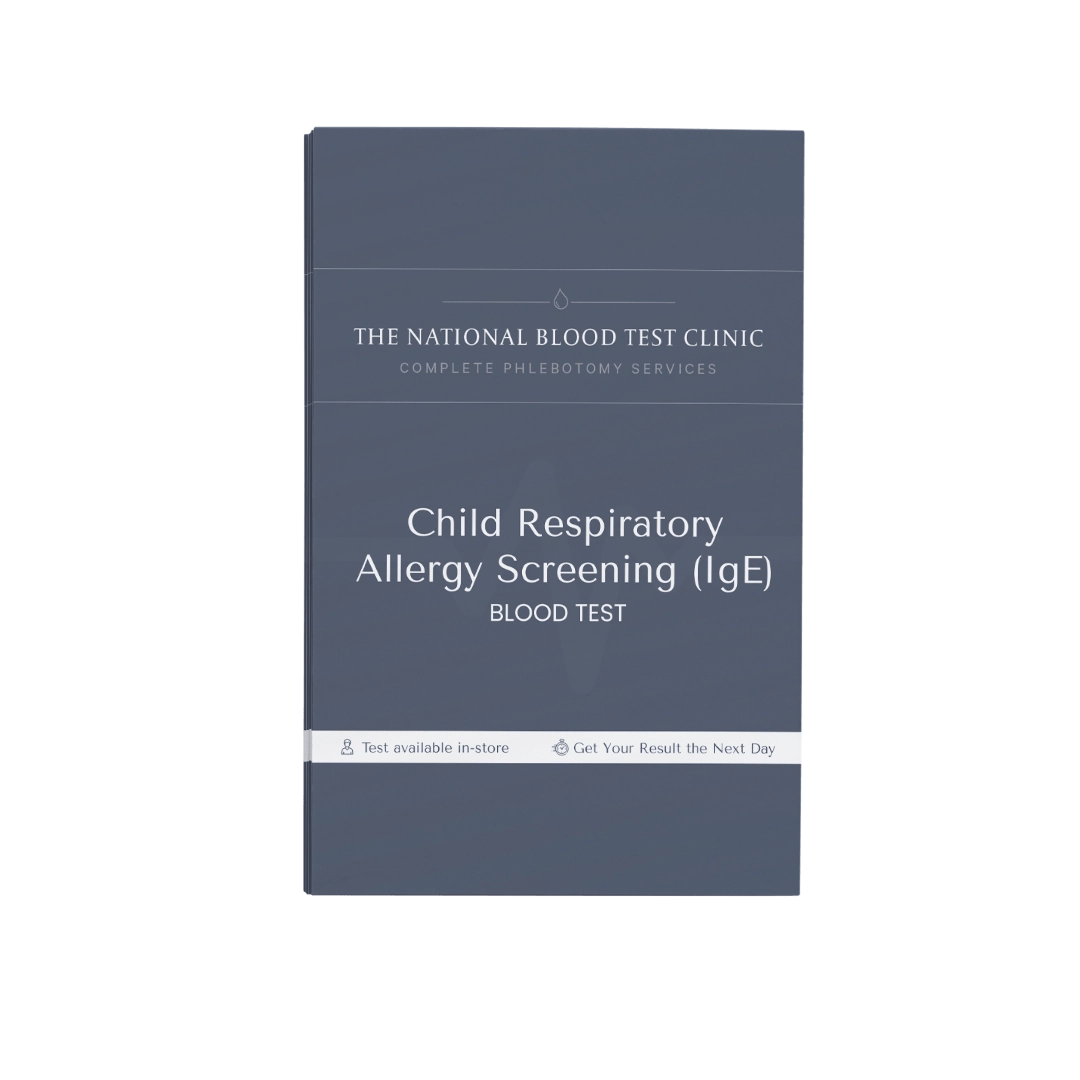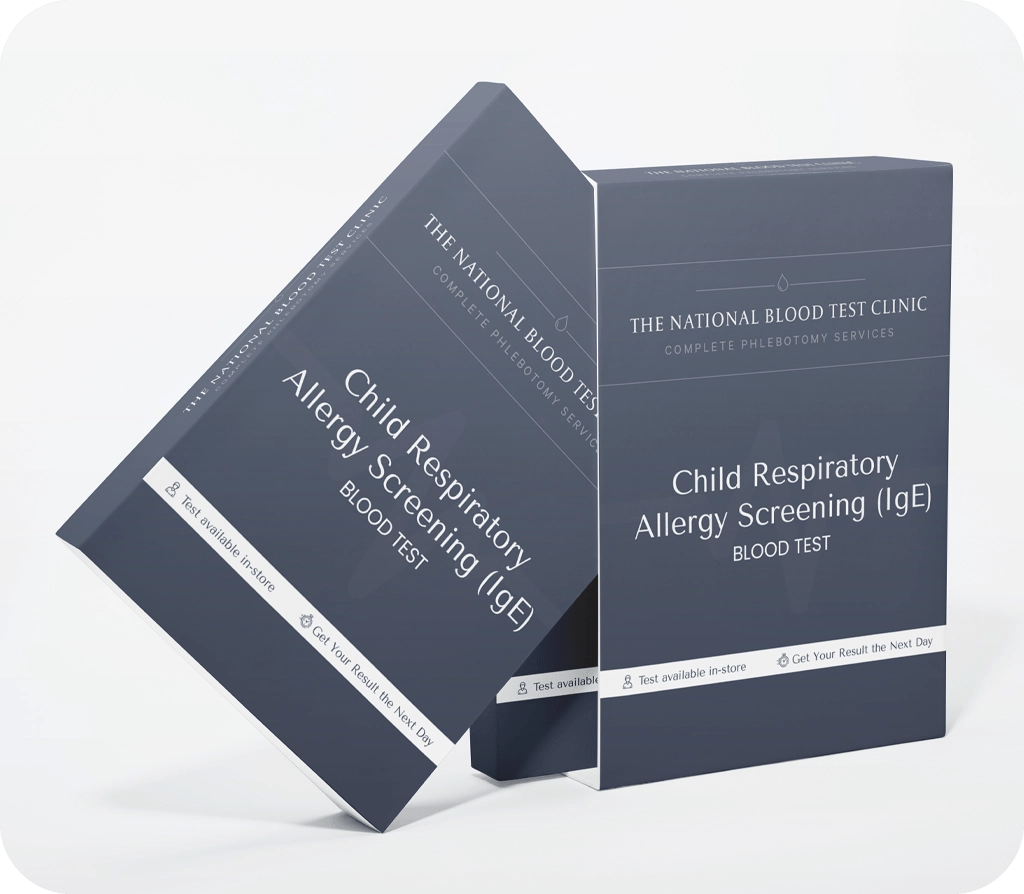My Store
Child Respiratory Allergy Screening (IgE)
Child Respiratory Allergy Screening (IgE)
SKU:ALL4
Frequent coughing, wheezing, nasal congestion, or itchy eyes in children can often be linked to allergic reactions. The Child Respiratory Allergy Panel (IgE) screens for common airborne allergens that may trigger respiratory symptoms, helping parents and clinicians identify causes of discomfort and guide effective allergy management.
Why Respiratory Allergy Screening (IgE) Matters in Children?
Respiratory allergies in children can affect sleep, learning, and overall wellbeing. Early detection of allergen sensitivities allows for timely interventions, whether through lifestyle changes, avoidance strategies, or medical treatments. By pinpointing specific triggers, this test supports tailored care to reduce symptoms and improve quality of life.
What Gets Assessed?
- D. pteronyssinus (house dust mite)
- Alternaria alternata (mould)
- Dog skin flakes (dander)
- Cat skin flakes (dander)
- Common silver birch (tree pollen)
- Timothy (grass pollen)
- Plantain (weed pollen)
Turnaround Time
- 7 Days
100 in stock
Visit a partner clinic (+£50)
Once you've ordered your test, look out for an email from our phlebotomy partners containing information and a link to book your appointment. We'll send you everything the clinic will need to complete the sample and post it back to our labs.
Organise a nurse yourself
If none of the above options work for you, you can arrange your own medical professional to collect your sample. There is no additional charge for this. Once you've ordered your test, we'll send you everything you and your chosen medical professional will need to collect a sample and post it back to our labs.
Couldn't load pickup availability
Enter Your Details
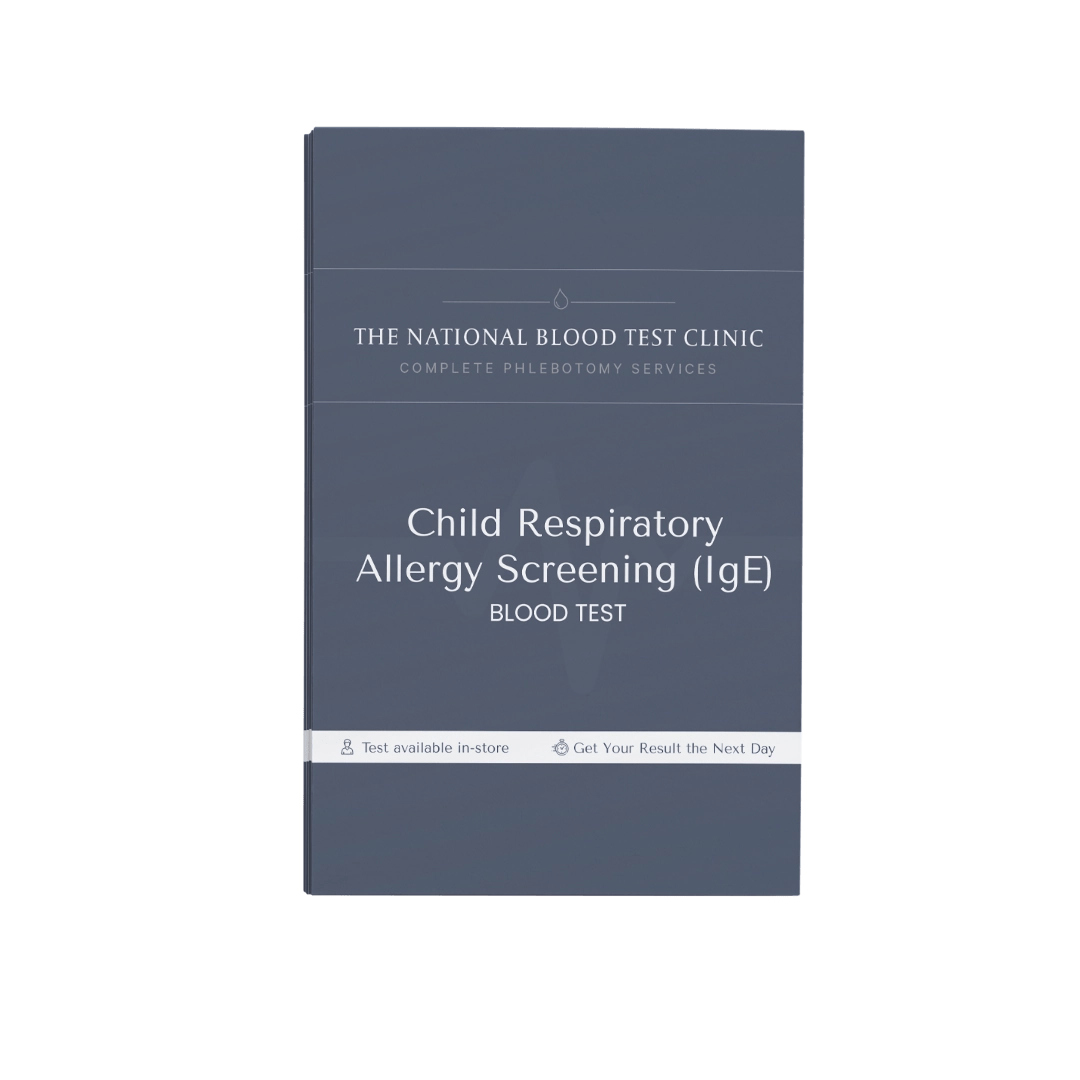
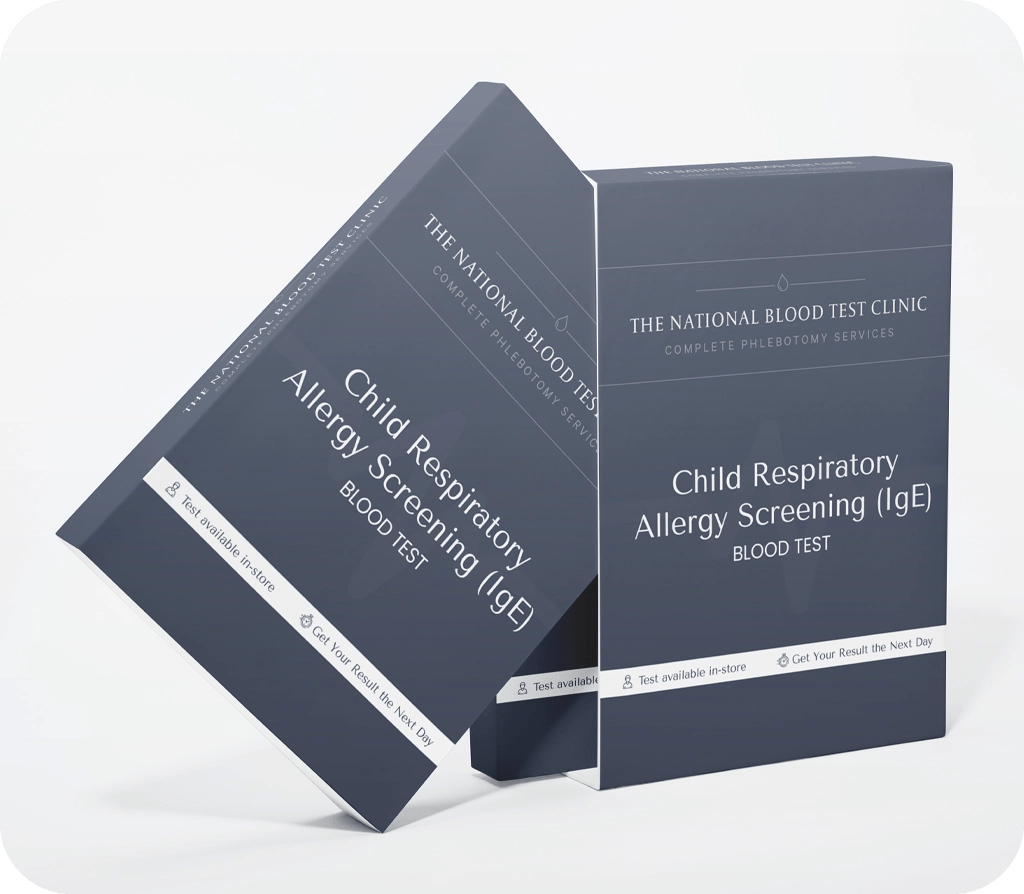
Visit a partner clinic (+£50)
Once you've ordered your test, look out for an email from our phlebotomy partners containing information and a link to book your appointment. We'll send you everything the clinic will need to complete the sample and post it back to our labs.
Organise a Nurse Yourself
If none of the above options work for you, you can arrange your own medical professional to collect your sample. There is no additional charge for this. Once you've ordered your test, we'll send you everything you and your chosen medical professional will need to collect a sample and post it back to our labs.
How Our Test Works
-
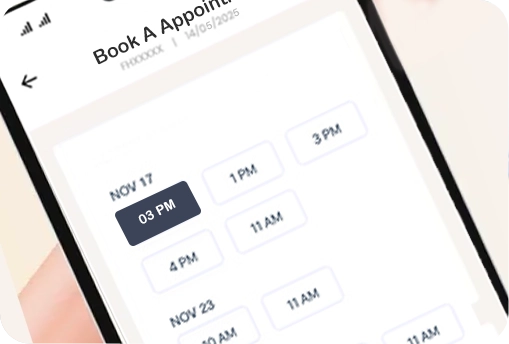
Place Your Order
Place your order online and receive a test kit delivered to your home. You’ll need to bring this kit with you to your scheduled appointment at one of our partner blood collection clinics.
-

Attend Your Appointment
At your chosen clinic, a trained nurse or phlebotomist will collect your blood sample using the kit you bring. If a sample collection courier is not available at the site, you’ll be asked to take the sealed sample with you and post it using the prepaid packaging provided.
-
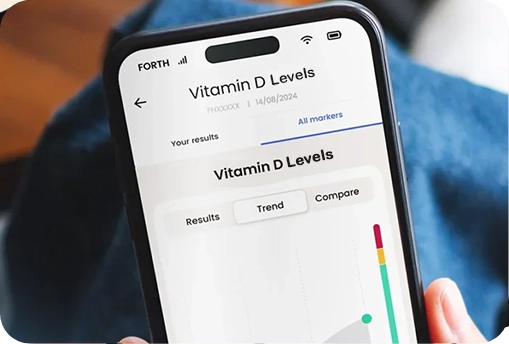
Receive Your Results
Once your results are ready, you’ll receive an email notification to log in and view them securely via your private portal. Please note: venous blood test results are not automatically reviewed by a doctor. We recommend booking a consultation with a qualified clinician to help you interpret and understand your results fully.
FAQs
Who should consider this test?
This test is ideal for children with frequent sneezing, runny nose, persistent cough, wheezing, asthma, or suspected environmental allergies. It helps detect allergic responses that may trigger respiratory symptoms.
How is the Child Respiratory Allergy Panel carried out?
A simple blood test is performed to measure IgE antibody levels against common airborne allergens such as pollen, dust mites, moulds, and pet dander.
Does this test check for food allergies as well?
No, this panel only targets environmental and inhalant allergens. For suspected food allergies, the Child Food Allergy Panel (IgE) would be more appropriate.
How are results reported?
The results indicate the child’s IgE antibody response to each allergen, showing the degree of sensitisation (mild, moderate, or strong) and helping guide allergy management.
What happens if the results show allergies?
If your child tests positive, a paediatrician or allergy specialist may recommend allergen avoidance, medication, or tailored treatment plans to manage symptoms and improve breathing comfort.
Subscribe to our emails
Be the first to know about new collections and exclusive offers.

